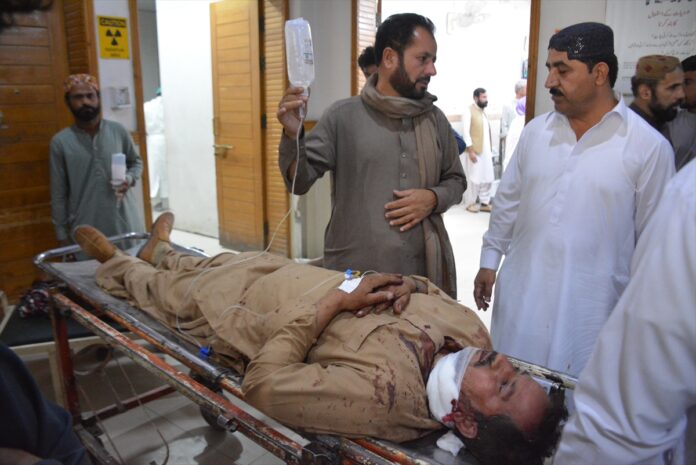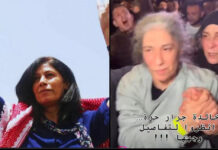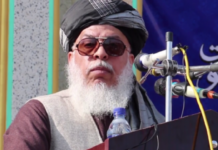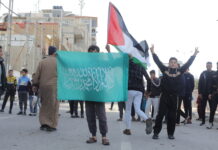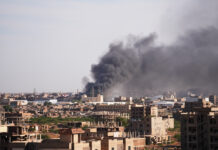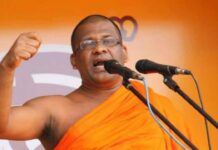Over 50 people have been killed and many others injured in blasts that hit two provinces in Pakistan on Friday – one of them targeting a Mawlid procession in Baluchistan.
At least 52 people, including a police officer, were killed in the first attack at a procession to celebrate the birthday of Prophet Muhammad (pbuh), near a mosque in Mastung district of the southwestern province of Baluchistan.
Those injured in the blast were taken to nearby hospitals, with many in critical condition.
Videos on social media and TV footage show an open area near the mosque strewn with the shoes of the dead and wounded after the powerful explosion.
Some bodies were covered with bedsheets, and residents and rescuers were seen rushing the wounded to hospitals, where a state of emergency had been declared and appeals were being issued for blood donations.
Interior Minister Sarfraz Bugti said rescue and relief operations were underway after the “heinous act,” adding that “we’re committed to a zero-tolerance policy against terrorists.”
President Arif Alvi condemned the attack and asked authorities to provide all possible assistance to the injured and the victims’ families.
Subscribe to our newsletter and stay updated on the latest news and updates from around the Muslim world!
A second blast occurred inside a mosque in the Hangu district of northwestern Khyber Pakhtunkhwa province. At least two people were killed, and six others injured.
Government administrator Atta Ullah told Reuters news agency that those injured were taken to nearby hospitals and some were in a critical condition.
In an interview with Anadolu Agency, Ayaz Ahmed said “it was like a doomsday for the entire family” after returning from the funeral of his cousin, his two sons, and a nephew in the Mastung district of Pakistan’s Balochistan province.
He said he rushed to the site near a mosque and saw flashes all around, some people were mute, apparently dead, and the majority screaming for help with injuries and some helping them rush to hospitals, he said, adding that he was trying to find his loved ones.
After failing to locate them, he went to the hospital and returned when he saw them among the injured being transported to the district headquarters hospital, he said.
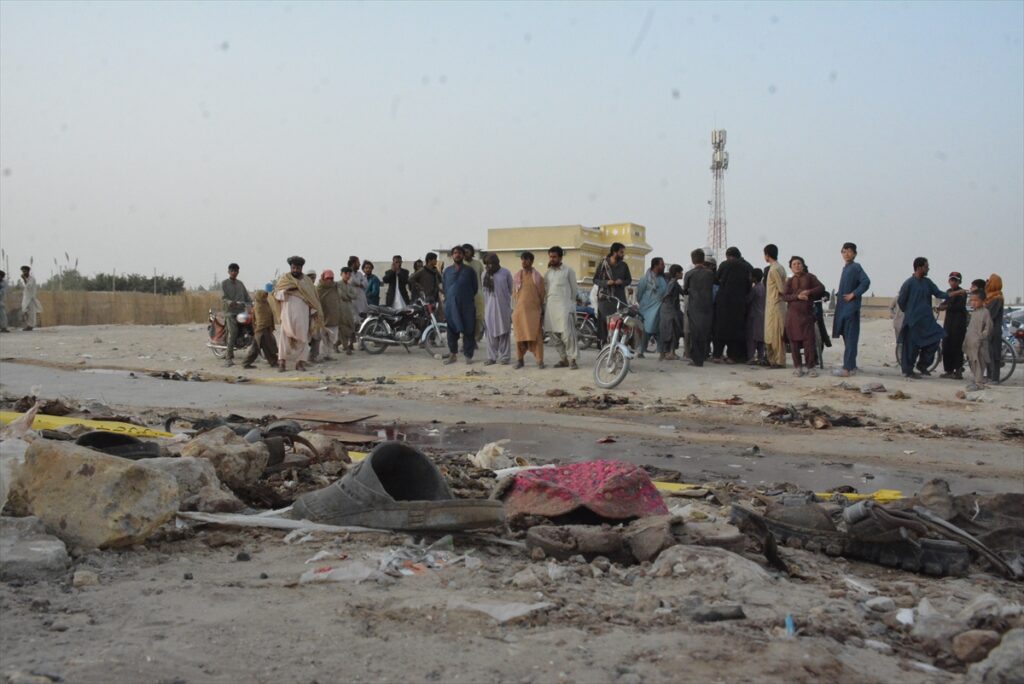
“I lost my senses when I saw bodies of my cousin lying there, along with his two sons and my other nephew,” he added.
“I will never forget those painful scenes because many people lost loved ones like us,” he said, questioning how long they would sacrifice for what.
“Some of the critically injured lost breath overnight,” a senior district police official told Anadol over the phone on Saturday, requesting anonymity because he was not authorized to speak to the media.
Deputy Superintendent of Police Nawaz Gashkori was the apparent target of the attack, the official said, without explaining why.
According to local media reports, the Counter Terrorism Department has filed a murder and terrorism case against an unidentified attacker.
Earlier on Friday, provincial caretaker Information Minister Jan Achakzai told Anadolu that the incident was most likely a suicide attack.
The Baluchistan government has already declared three days of mourning across the province in solidarity with the victims’ families.
The celebration of Prophet Muhammad’s (pbuh) birthday, known as Mawlid an-Nabi, is widely observed in Pakistan. It typically involves religious gatherings, processions, recitation of poetry and hymns in praise of the Prophet (pbuh), and the decoration of homes and mosques.
Both Sunni and Shia communities in Pakistan widely observe it.
However, the celebration is a matter of differing interpretations within Islam, with some scholars arguing that there is insufficient evidence to support the celebration as an established practice during the Prophet’s (pbuh) lifetime or immediately after. And therefore they consider it to be a form of bid’ah.
Some critics of Mawlid celebrations also argue that they can sometimes lead to excessive or inappropriate practices, such as extravagant spending, public displays, or mixing religious and cultural elements that are not in line with Islamic teachings.




